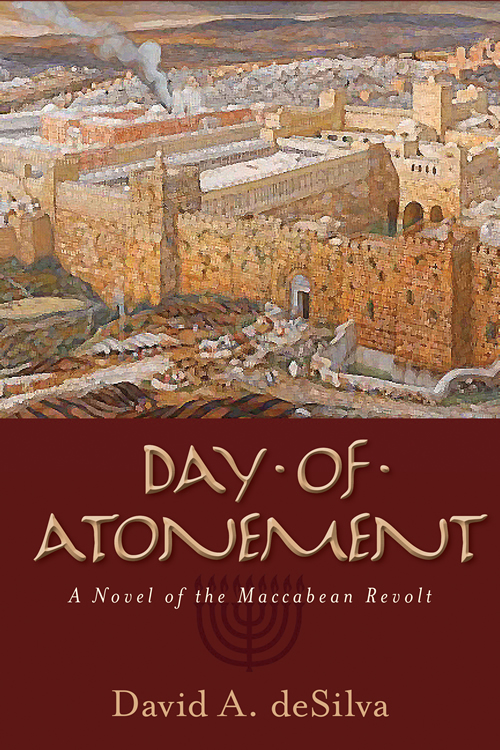

Unfortunately, her three cousins, visiting while their scandalous mother has an affair in Paris, don't see the importance of helping Briony shape reality to her will.

Thirteen-year-old Briony has composed a romantic play, in verse, for her older brother "to celebrate his return, provoke his admiration and guide him away from his careless succession of girlfriends, towards the right form of wife, the one who would persuade him to return to the countryside, the one who would sweetly request Briony's services as a bridesmaid." That seems a rather tall order for any play - in verse or otherwise - but Briony "was one of those children possessed by a desire to have the world just so." McEwan rotates through the perspectives of several residents and guests during a ludicrous and ultimately disastrous weekend, turning subtly through a kind of mock tribute to Jane Austen, Henry James, and Virginia Woolf. The story opens on a sweltering day at the ugly Gothic estate of Emily Tallis and her much-absent husband.

The extraordinary range of Atonement suggests that there's nothing McEwan can't do. What seemed like a triumph of literary acumen then was, in fact, just a prelude to a far broader, more ambitious novel that captures the brutality of love and war and guilt. Ian McEwan won the Booker Prize in 1998 for a deadly little masterpiece called " Amsterdam."


 0 kommentar(er)
0 kommentar(er)
